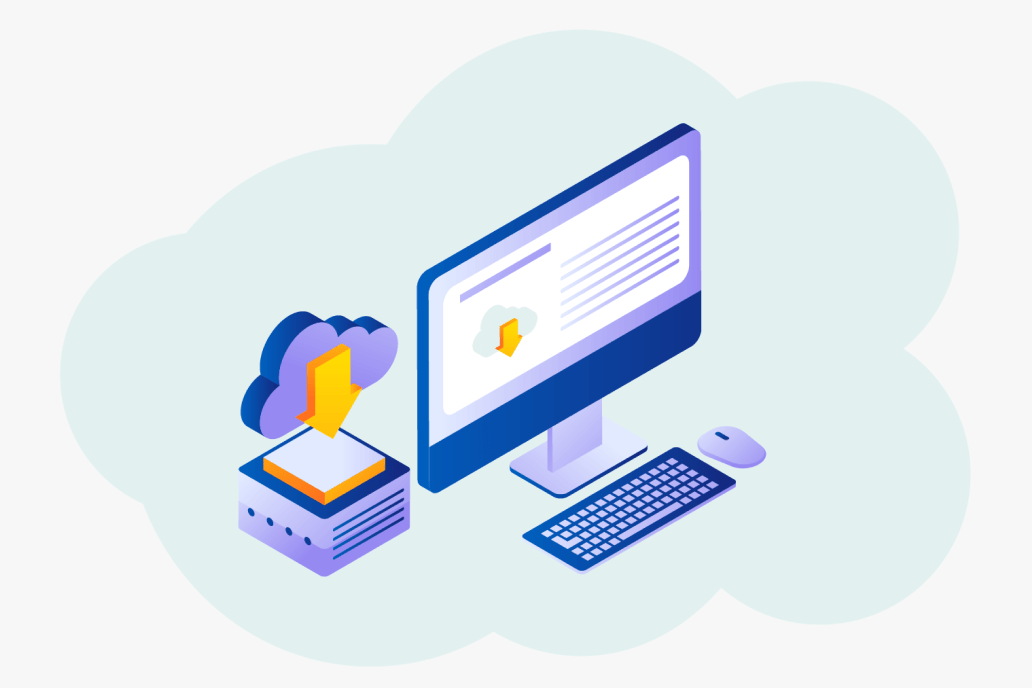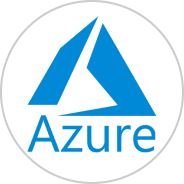Cloud Computing
The Cloud Computing Essentials course offered by DataWorks is meticulously designed to introduce participants to the fundamentals of cloud computing, a transformative technology reshaping the way businesses and individuals store, process, and manage data across the globe. This entry-level course covers the key concepts, architectures, services, and applications of cloud computing, with a focus on the leading cloud service providers like Amazon Web Services (AWS), Microsoft Azure, and Google Cloud Platform (GCP). Participants will explore the advantages and challenges of cloud computing, understand different service models (IaaS, PaaS, SaaS), and get hands-on experience with basic cloud services. The course aims to provide a solid foundation in cloud computing that supports further specialization or immediate application in real-world scenarios.
4.7 (100 Ratings)
Course info
The basics of cloud computing, including definitions, history, and essential characteristics.
Understanding of various cloud service models (IaaS, PaaS, SaaS) and deployment models (public, private, hybrid).
Knowledge of key cloud providers and their offerings (AWS, Azure, GCP).
Skills to set up and manage basic cloud services, including compute instances, storage options, and networking features.
Insights into cloud security, compliance, and management practices to safeguard data and applications.
The economic and organizational impact of adopting cloud computing.
Course Content
Cloud Computing Basics: Understanding the fundamental concepts of cloud computing.
History of Cloud Computing: Tracing the evolution of cloud technologies.
Current Trends and Future Outlook: Identifying current trends and predicting future developments in cloud computing.
Infrastructure as a Service (IaaS): Definition and examples of IaaS.
Platform as a Service (PaaS): Understanding PaaS and its use cases.
Software as a Service (SaaS): Exploring SaaS offerings and applications.
Public Cloud: Characteristics and benefits of public cloud deployment.
Private Cloud: Understanding the use and implementation of private clouds.
Hybrid and Community Clouds: Exploring hybrid and community cloud models.
Cloud Virtualization: Core concepts of virtualization in cloud computing.
Cloud Storage: Different types of cloud storage solutions.
Cloud Computing and Networking: Understanding computing resources and networking in the cloud.
AWS Core Services: Overview of Amazon Web Services and its key offerings.
Elastic Compute Cloud (EC2): Deep dive into EC2 services.
Simple Storage Service (S3) and AWS Lambda: Exploring S3 and serverless computing with Lambda.
Azure Core Services: Introduction to Azure and its primary services.
Azure Virtual Machines: Setting up and managing VMs in Azure.
Azure Functions and Blob Storage: Utilizing serverless computing and storage solutions.
Cloud Security Best Practices: Key security measures for cloud environments.
Compliance Standards in Cloud: Understanding regulatory standards and compliance requirements.
Cloud Management Tools: Overview of tools for managing cloud resources.
Cloud Monitoring Strategies: Techniques and tools for monitoring cloud performance and usage.

-
LevelExpert
-
Total Enrolled2
-
Duration5 hours 15 minutes
-
Last UpdatedAugust 21, 2024
Upskill for your Dream Job

Hiring Partners





Basic computer literacy and understanding of the internet.
No prior knowledge of cloud computing is required.
An interest in IT infrastructure and emerging technologies.
FAQ's
Absolutely. The course is designed to be accessible to both technical and non-technical audiences, providing a comprehensive overview without requiring prior technical expertise.
Yes, the course includes hands-on labs and exercises to practice using cloud services in real-world scenarios, ensuring you gain practical experience.
You'll need a computer with internet access. The course will cover how to access and use free tiers of services offered by major cloud providers.
The course is delivered through a combination of video lectures, reading materials, quizzes, and hands-on labs, all accessible online for convenience.
Understanding cloud computing is essential for a wide range of IT roles today. This course lays the groundwork for careers in cloud services, cloud architecture, cloud security, and more. It also benefits entrepreneurs and business managers by equipping them with the knowledge to make informed decisions on cloud adoption.
Earning Potential
5.4 LPA
min
9 LPA
avg
13.5 LPA
max
Cloud Computing Tools Covered

AWS

Google Cloud Platform

AWS EC2

Microsoft Azure

Terraform

CloudFormation
Let’s explore further the implications of transitioning to online training
Course Certificate
The Cyber Security Practitioner Programming Course Certificate focuses on enhancing coding skills for securing applications and systems. The curriculum covers topics like secure coding practices, ethical hacking, and defensive programming. It’s ideal for developers and security professionals aiming to bolster their cybersecurity expertise.

Course Reviews

Saanvi.P

Dhruv.l

Trisha.A

